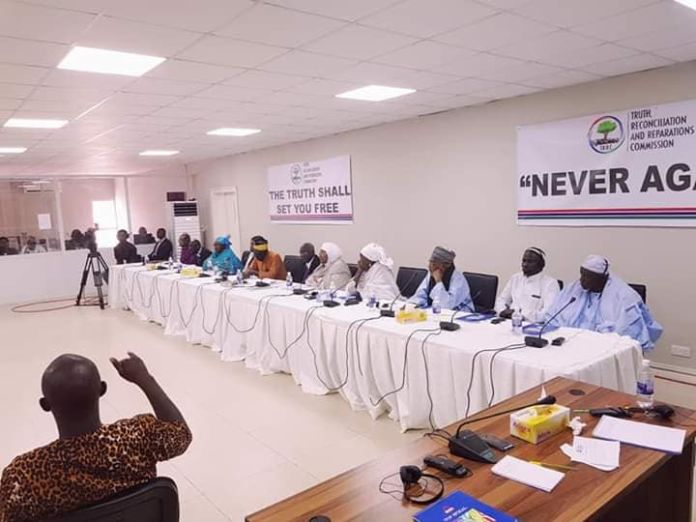By Adama Makasuba
TRRC in partnership with International Centre for Transitional Justice is taking victims of former president Yahya Jammeh through reparations regulations procedures.
The one-day stakeholders meeting seeks to discuss issues of victims’ registration, general perceptions about reparations and reparation measures that are responsive to victims’ needs.
It brought together representatives of civil society organizations, victims’ and victims’ families from different regions of the Gambia to dialogue with policymakers and community-based organizations on reparations issues.
The government last year announced 50 million dalasis former reparations for victims of former president Yahya Jammeh. The reparations money comes from the sale of assets of Jammeh.
Speaking at the event, TRRC deputy chair Adelaide Sosseh described the gathering as an important milestone in the development of the reparations regulations saying it is “one of the instruments that are to guide the granting of reparations to victims”.
International Centre for Transitional Justice’s Gbery Didier said: “The reparation process will hardly be successful without proper and effective consultation and participation of victims and civil society organizations in the process. This participation is indeed a complex undertaking, that requires flexibility and opening but that is necessary to manage and avoid unrealistic expectations and include every victim making sure no victim is left behind.”
According to him, in every transitional justice process, reparations play an undeniably important role in acknowledging and addressing the harms suffered by the victims, adding it may help reparations play an important role in the broader agenda of achieving justice and modeling respect for human rights and democracy.
“Reparations serve to acknowledge the rights of the victims as citizens, to repair the consequences of violations and express to victims and society that the state is committed to addressing the root causes of past violations and ensuring non –recurrence,” Mr Didier said.




